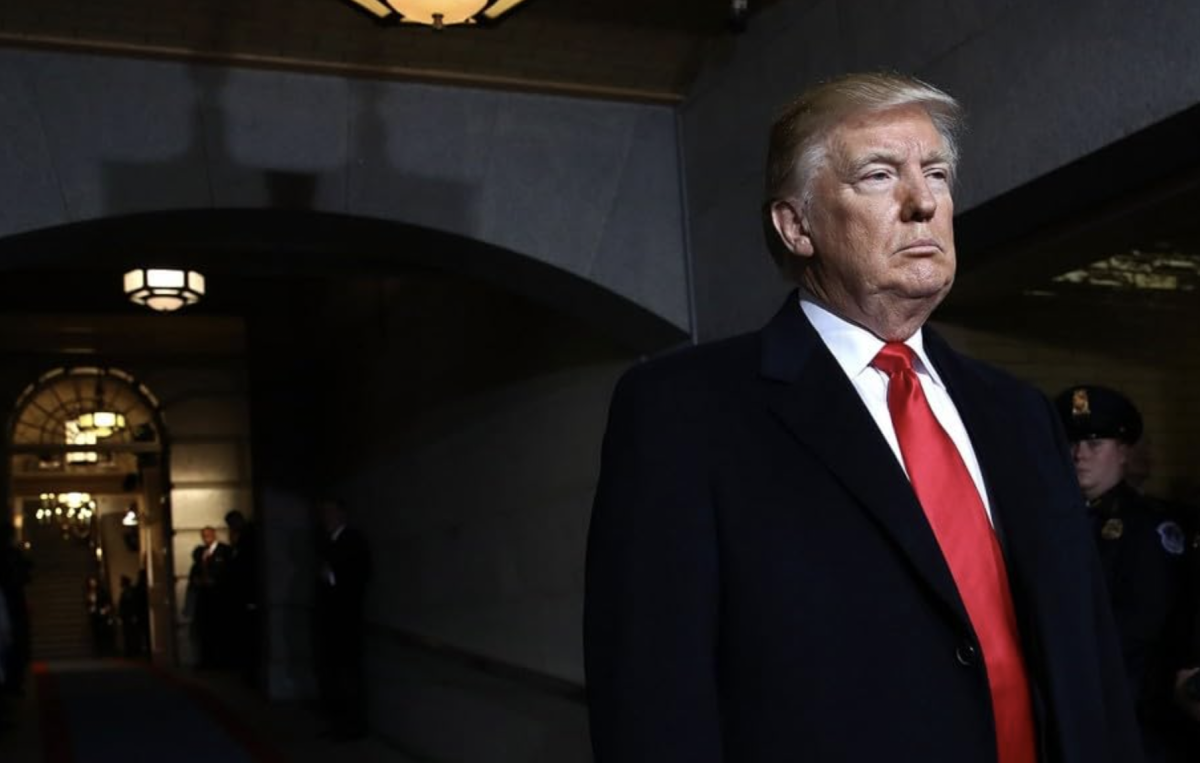
Gordon Lafer, a professor at the University of Oregon’s Labor Education and Research Center, spoke to a crowd of around 30 people about how corporations influence American laws by pushing legislation at the state level at Gordon Hall on Monday.
Lafer was a senior policy advisor for the United States House of Representatives’ Committee on Education and Labor from 2009 to 2010, and is the author of “The One Percent Solution: How Corporations Are Remaking America One State at a Time.”
Lafer’s primary argument was that corporations have been pushing a corporate agenda through state legislatures in order to pass pro-corporate policies rather than progressive policies. Such legislation is written by the American Legislative Exchange Council (ALEC), an organization consisting of both corporations and state legislators.
“[The members of ALEC] meet several times a year where they sit in communities that are made up half of elected legislators and half of corporate lobbyists and they write bills together,” Lafer explained. “The bills have to be approved by the corporate board and then they are introduced in cookie-cutter fashion in state after state around the country.”
Lafer went on to argue that the corporate agenda consisted of various pro-corporate policies, including, but not limited to, abolishing the minimum wage, cutting unemployment insurance and eliminating unions in both the public and private sector.
Lafer also asserted that more progressive policies like higher tax rates would benefit companies in the long term. However, CEOs of major corporations must focus on increasing stock prices in the short term to keep their jobs, a task accomplished easier through pro-corporate legislation.
Lafer did not have a clear solution to the problem, but did argue that support for progressive legislation can potentially be built through campaigns on specific issues.
“People get a chance to vote on specific issues,” Lafer said. “There is broad support for a much more progressive country.”
Despite Lafer’s bleak outlook on current American legislation, he did remain hopeful for the future.
“I think there is grounds to be hopeful and to think about how we fight moving forward to push back against the corporate agenda and create a fairer economy,” he said.
“The presentation, in content-wise, was very depressing, but it is always good to know how we got to this situation and then ask what can we do from here to go forward.,” said Chirag Lala, a first year economics pHd student, after the talk.
“We have to get organized fast,” said Jonathan Blum, an economics major. He argued that it was essential to ensure that “people are organized and they can fight to protect their wages, protect their living conditions against this…corporate onslaught.”
Lafer’s talk is the first of a series of lectures titled “The Right Wing Assault on American Democracy: What Is It? How Can We Defeat It?” being held by the University of Massachusetts Political Economy Research Institute.
William Mallas can be reached at [email protected].



















